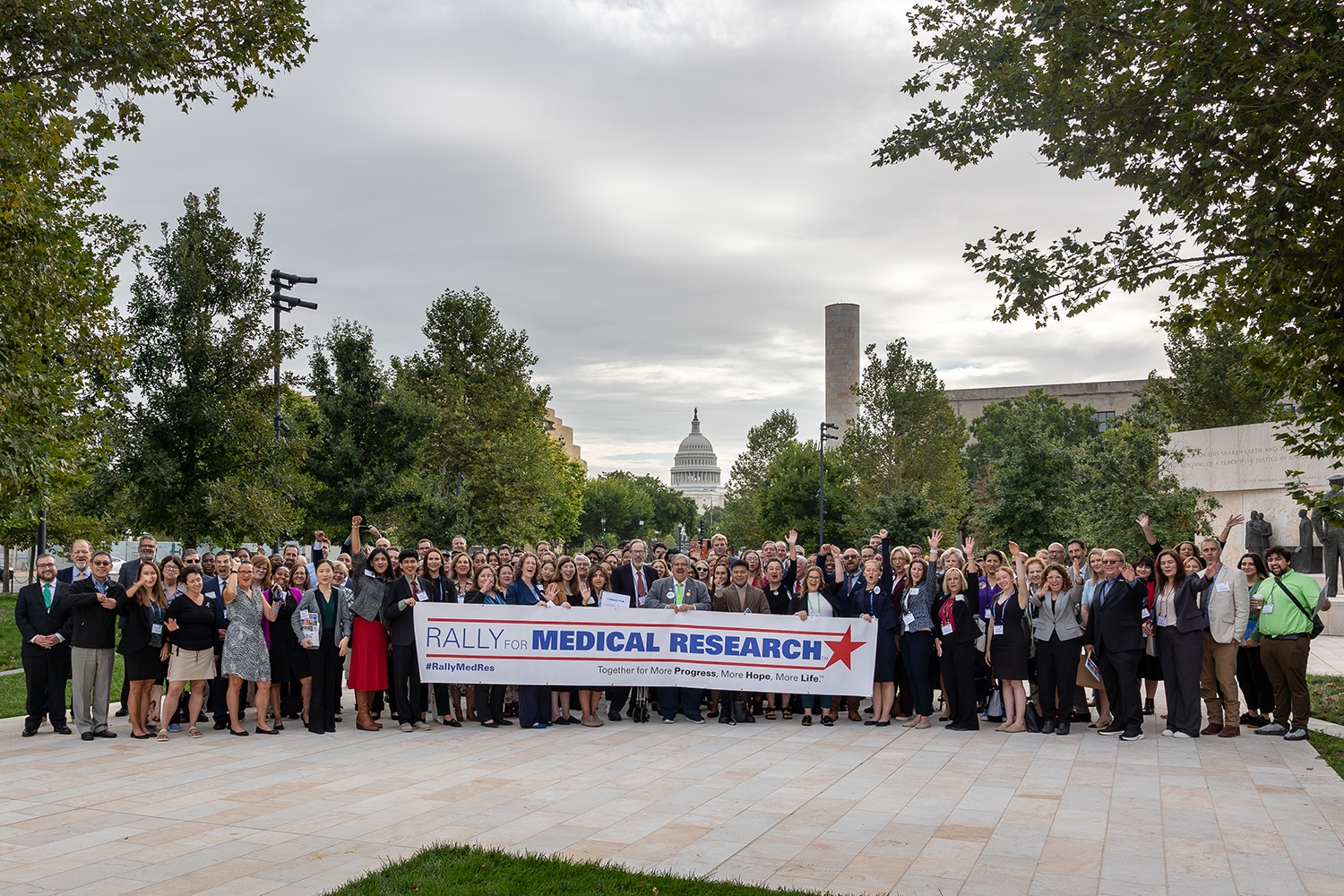-
Designing Clinical Trials for the Patient
Challenges in developing and studying treatments call for new ways of thinking about cancer research.
by Eric Fitzsimmons
-
Policy Matters
Progress in the Youth E-cigarette EpidemicNew data reveal a decrease in youth e-cigarette use but underscore the need for continued policy and advocacy efforts.
by Brad Davidson, PhD
-
Get Involved
Treasure TroveThe Pediatric Oncology Treasure Chest Foundation provides toys and gifts to young cancer patients.
by Thomas Celona
-
Let Me Tell You a Story About the Power of Medical Research
Ten-year-old Michael Methner told his story about being diagnosed with optic nerve glioma at the AACR’s Rally for Medical Research.
by Cancer Research Catalyst
-
Forward Look
Medicare Rule Expands Access to Navigation ServicesExperts hope Medicare reimbursement for patient navigation will allow more treatment sites to offer this assistance.
by Carolyn Bernhardt
-
Forward Look
The Cost of Dental Side EffectsHead and neck cancer survivors often face significant costs for treatments not covered by health insurance.
by Kris Conner
-
Policy Matters
The Future of Perioperative Clinical Trial DesignsA recent FDA-AACR workshop explored best practices for trial design, analysis and interpretation of clinical studies with multiple phases of treatment.
by Elizabeth M. Jaffee, MD
-
Patients as Research Partners
New platforms allow patients to share their clinical data and tumor tissue no matter where they live, offering everyone a chance to participate in research.
by Erin O'Donnell
-
Get Involved
Happy FeetThe HallieStrong Foundation sends people receiving cancer treatment socks designed to put smiles on their faces.
by Thomas Celona
-
Advocacy After Loss
Following her son’s death from peripheral T-cell lymphoma, Sandy McHugh keeps his memory alive through Jake’s Dragon Foundation.
by Thomas Celona
Cancer Talk
Treatment Combination Improves Survival in EGFR-positive Lung Cancer
Adding chemotherapy to targeted therapy improves outcomes for people with advanced EGFR-positive non-small cell lung cancer.
by Sandra Gordon
Lessons From 20 Years Living With CancerMultiple myeloma survivor Jonathan Gluck reflects on uncertainty, and the scientific progress that has kept him living with cancer for more than two decades.
by Eric Fitzsimmons
The Enduring Importance of Cancer Disparities ResearchOpening session from AACR conference highlights how perseverance and adversity have informed cancer disparities research over the years.
by Eric Fitzsimmons
Most Cancer Survivors Don’t Meet Healthy Diet GoalsDespite research linking fruits and vegetables to cancer survival, many people do not change their eating habits after diagnosis.
by Darlene Dobkowski















